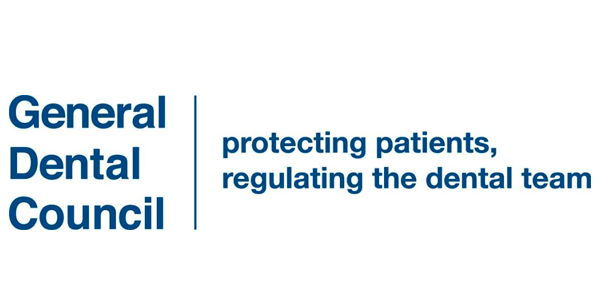A new study has shown that that tooth infections could lead to heart disease!
The study, carried out by the University of Helsinki’s Department of Oral and Maxillofacial Diseases (in conjunction with the Heart and Lung Centre at Helsinki University Hospital), demonstrates how an infection of the root tip of a tooth can increase the chance of developing coronary artery disease.
Hidden dental root tip infections are extremely commonplace, and even those that do not show symptoms could lead to more serious issues down the line. One in four suffers from these infections in Finland alone, with most only discovered by chance thanks to unrelated x-rays.
A bodily defense reaction against microbial infections, dental root tip infections (or apical periodontitis) is most commonly caused by dental cavities or caries. The link between oral infections and chronic coronary and cardiac diseases amongst other issues is one that is constantly becoming more and more apparent.
Periodontitis, for example, is an inflammatory disease that presents in the tissue surrounding the teeth. The periodontitis causes a low level of inflammation, which is in itself an independent risk factor for diabetes and coronary artery disease.
Research into the correlation between inflammation, coronary disease, and dental root tip infections is only really in its infancy, but results from studies such as the one carried out in Helsinki are already proving to be compelling. One of the researchers on the project, John Liljestrand comments that “Acute coronary syndrome is 2.7 times more common among patients with untreated teeth in need of root canal treatment than among patients without this issue.”
The research has also ascertained that there is a connection between dental root infections and a high level of serum antibodies of the type that cause wider-spread bacteria. In short, this demonstrates how oral infections can link to other parts of the body, such as the heart.
The sample for the study was made up of 508 Finnish patients experiencing heart symptoms prior to the beginning of the study. The average age of the sample group was 62 years of age, but as well as age the analysis also took into account gender, smoking habits, body mass index, and the presence of type 2 diabetes and periodontitis as well as the individual patient’s number of teeth. Each set of teeth was examined with panoramic tomography of the jaws and teeth, with 58% suffering with at least one inflammatory lesion.
Angiography, a form of radiology, was then employed to examine the arteries of the sample group, with 36% showing as suffering from coronary artery disease. Whilst 31% suffered a relatively low degree of coronary artery disease a further 33% showed signs of a more severe, acute, coronary syndrome. Needless to say, more research will likely follow.
Responsible for more than 30% of all global deaths, cardiovascular diseases have been shown to respond well to a healthy diet, weight control, exercise and not smoking, and can even be prevented in many cases.
Oral infections are extremely common and should not be seen as indicative of anything sinister automatically. Root canal treatment will often get rid of the infection, but if you are worried about coronary issues consult your doctor.
If you are having problems and need root canal treatment why not contact us here <span class=”rTapNumber226662″>0191 259 6506</span>.






